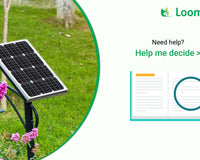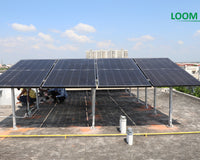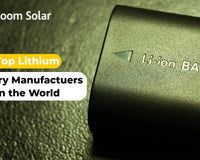Unplugging a solar battery when fully charged is not always necessary, but it can depend on the type of battery and your system setup. Lead-acid batteries, can benefit from periodic full discharges to prevent sulfation, a buildup of lead sulfate crystals that can degrade battery performance over time. In such cases, discharging the battery to around 50% charge before recharging can be helpful.
However, lithium-ion batteries, which are becoming more common in solar systems, don't typically require periodic full discharges and can actually benefit from being kept at higher states of charge. These batteries have built-in battery management systems that help prevent overcharging or over-discharging.
Solar batteries are designed to handle the charging and discharging cycles efficiently. When a solar battery reaches its full capacity, it automatically switches to a float charge mode, where it maintains a steady charge without overcharging. This means that the battery will not be damaged or degraded if left connected to the solar panel.
Modern charge controllers and inverters are designed to manage battery charging and discharging, making it less necessary to manually disconnect a solar battery when fully charged. Still, if your system lacks these smart components, keeping an eye on battery charge levels and occasionally discharging them slightly can be beneficial for battery longevity.
Ultimately, it's best to consult the manufacturer's recommendations for your specific battery type and follow the guidelines provided. Regular monitoring of your solar system's performance and maintaining a proper maintenance routine can help ensure your solar battery's longevity.












